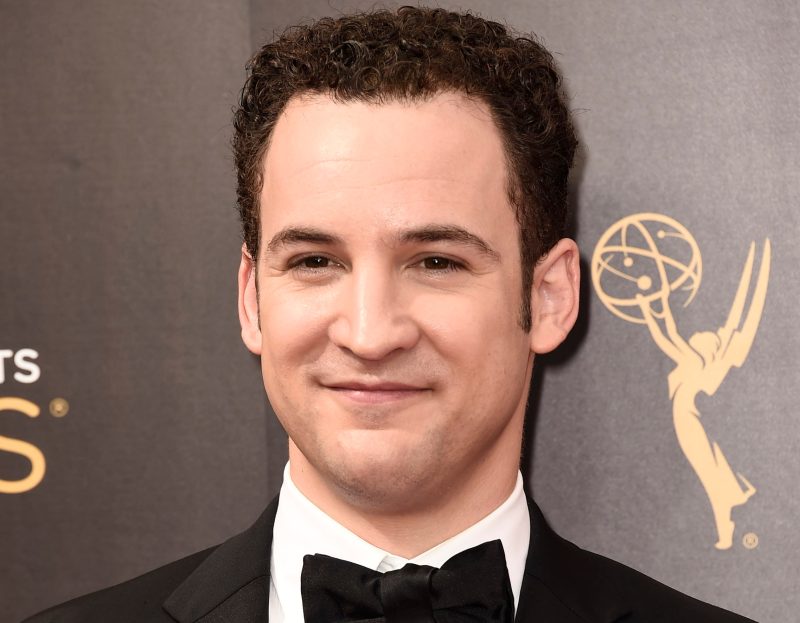Former “Boy Meets World” actor Ben Savage is running for a U.S. House seat in a Los Angeles district represented by Rep. Adam B. Schiff (D), who is seeking California’s open Senate seat.
Savage, who had filed as a Democrat in January, formally announced his bid Monday in an Instagram post, declaring himself a union member, longtime resident of the district, and “unhindered by political divisions and special interests.” He emphasized his newness to politics in the post. Savage previously ran for a West Hollywood city council seat in 2022 and lost with more than 6 percent of the vote, according to election records.
“I’m running for Congress because it’s time to restore faith in government by offering reasonable, innovative and compassionate solutions to our country’s most pressing issues,” he said.
A post shared by Ben Savage (@bensavage)
Savage is one of several candidates who will be seeking to fill the heavily Democratic seat, as Schiff has joined other Democratic lawmakers, including Reps. Barbara Lee and Katie Porter, vying to replace retiring Sen. Dianne Feinstein (D-Calif.).
Born in Chicago, Savage, 42, began his acting career as a child, along with his brother, Fred, who starred in the sitcom “The Wonder Years.” Ben Savage had roles in “Dear John” and “Wild Palms” before he was cast as Cory Matthews in the 1990s coming-of-age sitcom “Boy Meets World.” After the show ended, Savage attended Stanford University, majoring in political science, and interned with then-U. S. Senator Arlen Specter (Pa.), the Republican-turned-Democrat, he told Rolling Stone. In the 2014 interview, as he was promoting the spinoff “Girl Meets World,” Savage was asked about possibly going into politics.
“Acting and politics are almost too similar,” he said. “I don’t know; … You have to be a very specific breed to do that.”
His campaign website lists priorities including reforming policing, expanding affordable housing and protecting unions.

